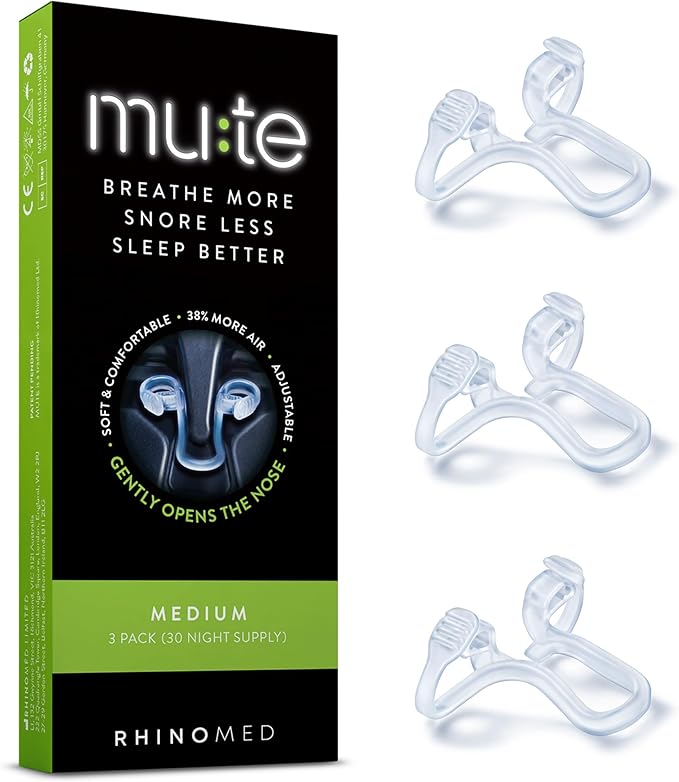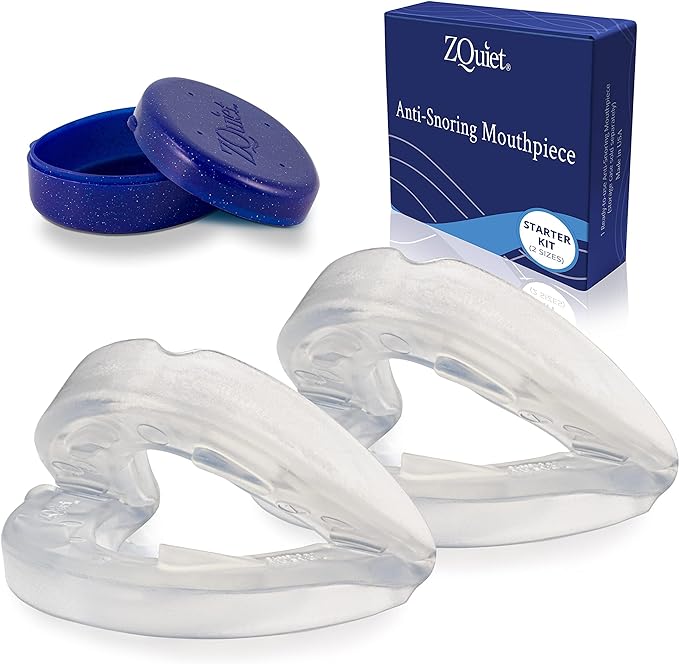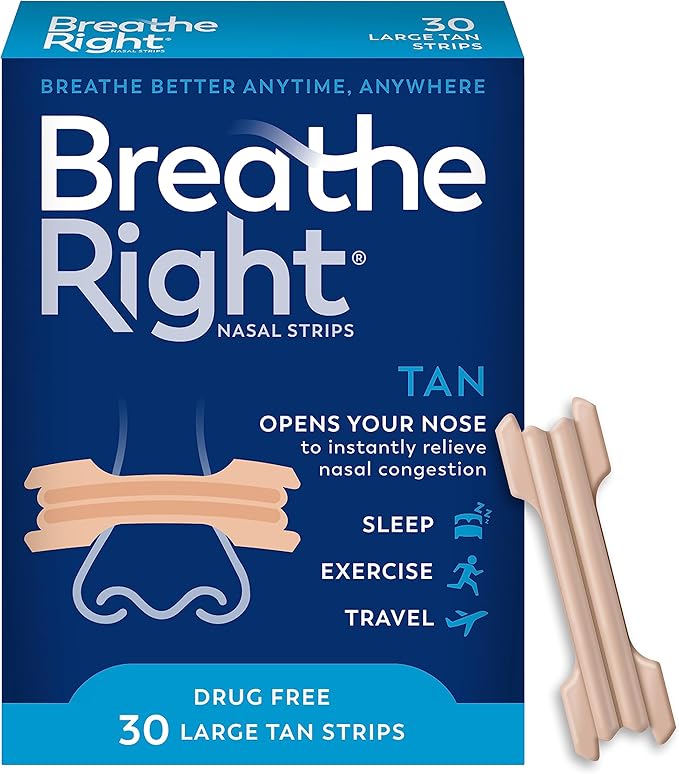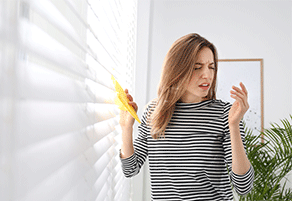You may wonder how to stop snoring if you or your partner do it frequently or infrequently. It's not just you. Among people aged 30 to 60, 28% of women and 44% of men snore. Snoring is merely an inconvenience or source of shame for most people. However, for some people, snoring can be problematic or a sign of a more serious health problem. The causes of snoring vary from person to person. You can discover how to stop snoring while you sleep and decide whether you need to see a doctor about your snoring by trying several different strategies.
Other Topics You Might Like
Helpful Products You Might Like

Mute Snoring Solution Nasal Dilator for Snore Reduction

ZQuiet Anti-Snoring Mouthpiece Starter Kit

Breathe Right Original Nose Strips to Reduce Snoring
"(Paid Links)" 
Natural Remedies to Stop Snoring
Adjusting Sleep Positions: How It Can Help
Snoring can get worse if you sleep on your back. Due to gravity, the soft palate and base of the tongue collapse towards the back of the throat in this sleeping position, restricting the airway. Changing your sleeping position to your stomach or side can help treat mild sleep apnea, lessen snoring, and maintain an open airway.

Weight Loss and Exercise
Because low muscle tone and neck fat increase airway crowding, losing weight can help with snoring symptoms.
Avoid Alcohol at Bedtime

Alcohol use right before bed may make loud snoring more likely. Alcohol relaxes the throat-muscles, increasing the likelihood that they may flutter and produce snoring.
Quit Smoking
Giving up smoking may help stop snoring or, at the very least, lessen its severity if you smoke. By concealing the airways and nasal passages, smoking can either cause or exacerbate snoring.
Home Remedies Worth Trying
Humidifiers
If you use a humidifier in your bedroom, the soft-tissues in your mouth, throat, and nose can stay moist at night. Humidity can also lessen snoring by lessening the vibrations of dry tissues while breathing.
Remove Allergens
If you have allergies, dust, dust mites, and pet dander are typical irritants that might cause snoring. You should keep your pet out of your bedroom and regularly dust the ceiling fans and bedroom surfaces. To reduce your exposure to dust mites, replace your pillow every six months and set it in the dryer on the air fluff cycle every two weeks.

Establish a Routine
If you have allergies, dust, dust mites, and pet dander are typical irritants that might cause snoring. It would help to keep your pet out of your bedroom and regularly dust the ceiling fans and surfaces. To reduce your exposure to dust mites, replace your pillow every six months and set it in the dryer on the air fluff cycle every two weeks.
Open Nasal Passages
Considering how you breathe at night is another way to learn how to stop snoring. If you breathe via your nose, the snoring probably starts there. Your breath flows faster and you are more prone to snore if your nose is congested or restricted due to a blockage, like a cold. You can maintain clear nasal passages by implementing the following strategies:
Tennis Ball Technique
You can avoid sleeping on your back by using the tennis ball technique. A tennis ball is sewn to the back of your pajamas to prevent you from sleeping peacefully on your back. Using a full-body pillow is another DIY solution that could help reduce snoring.
